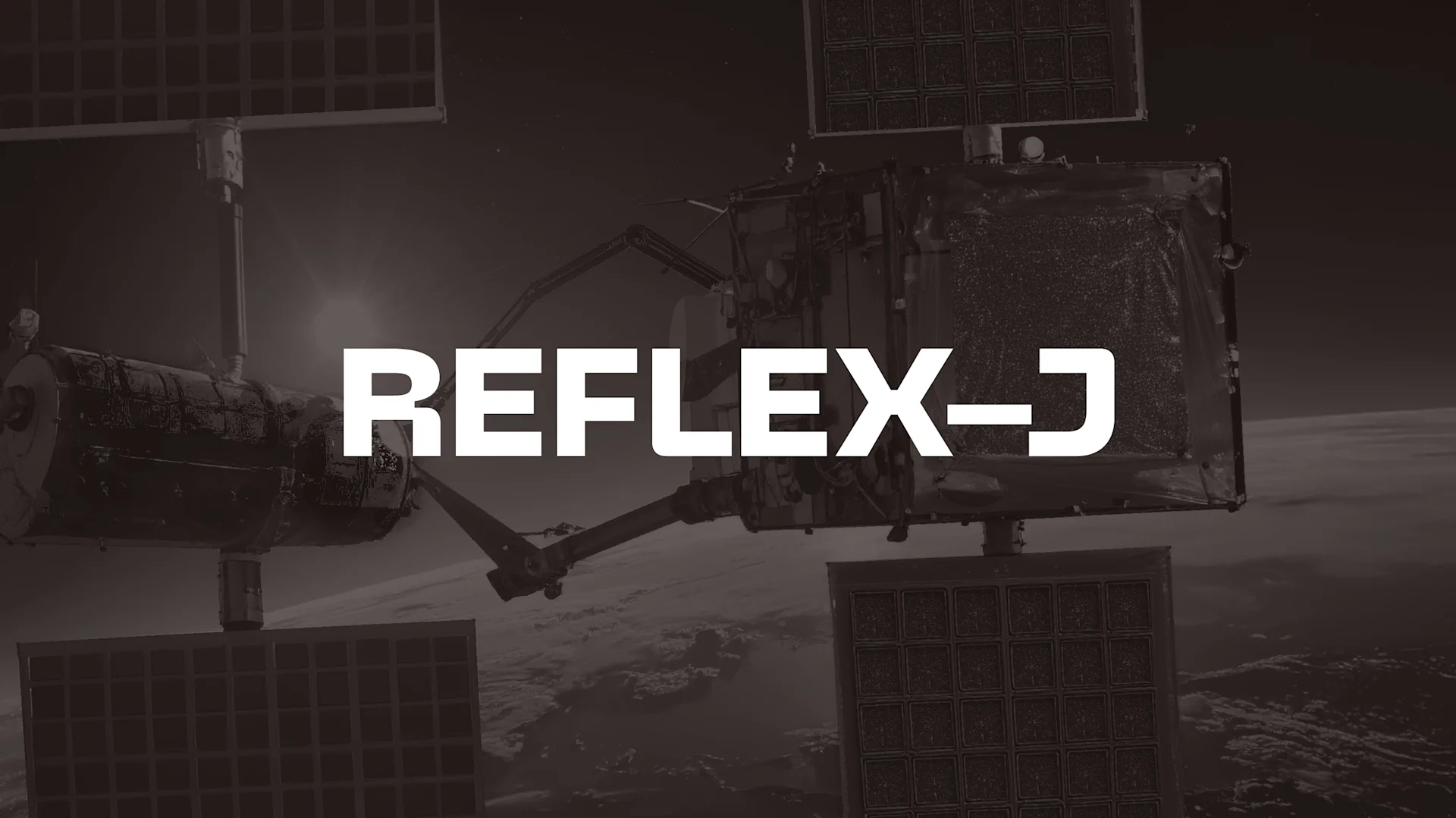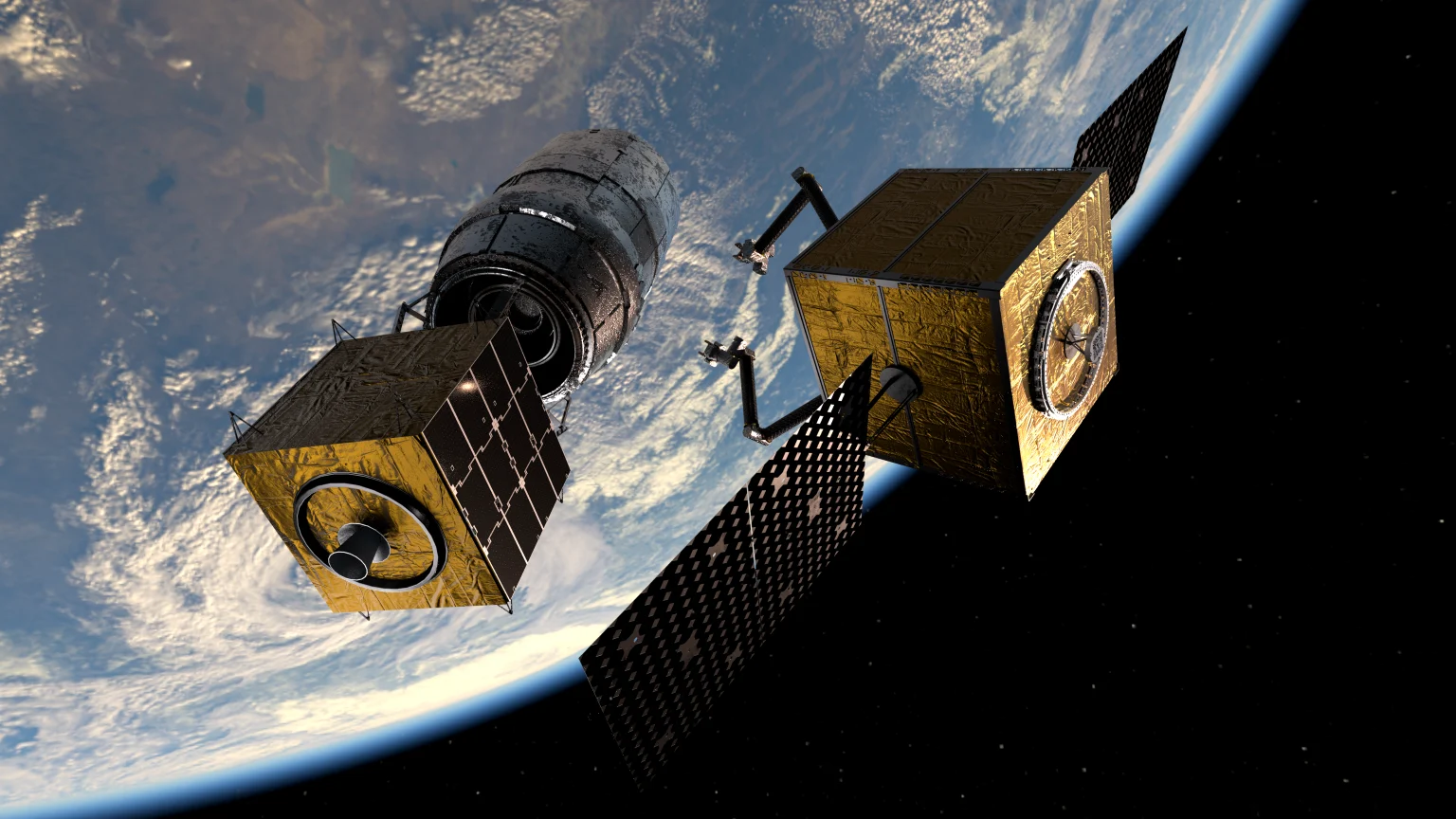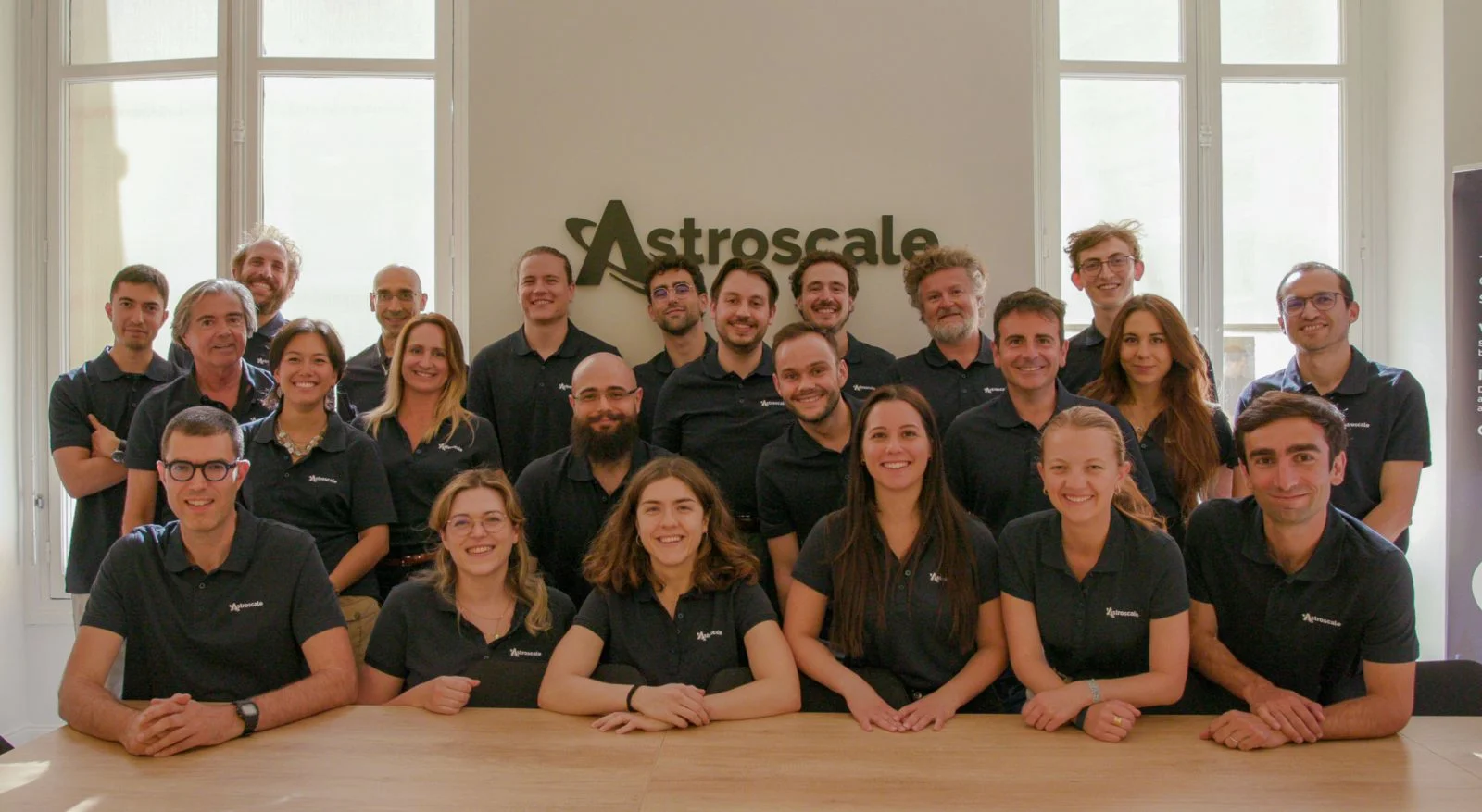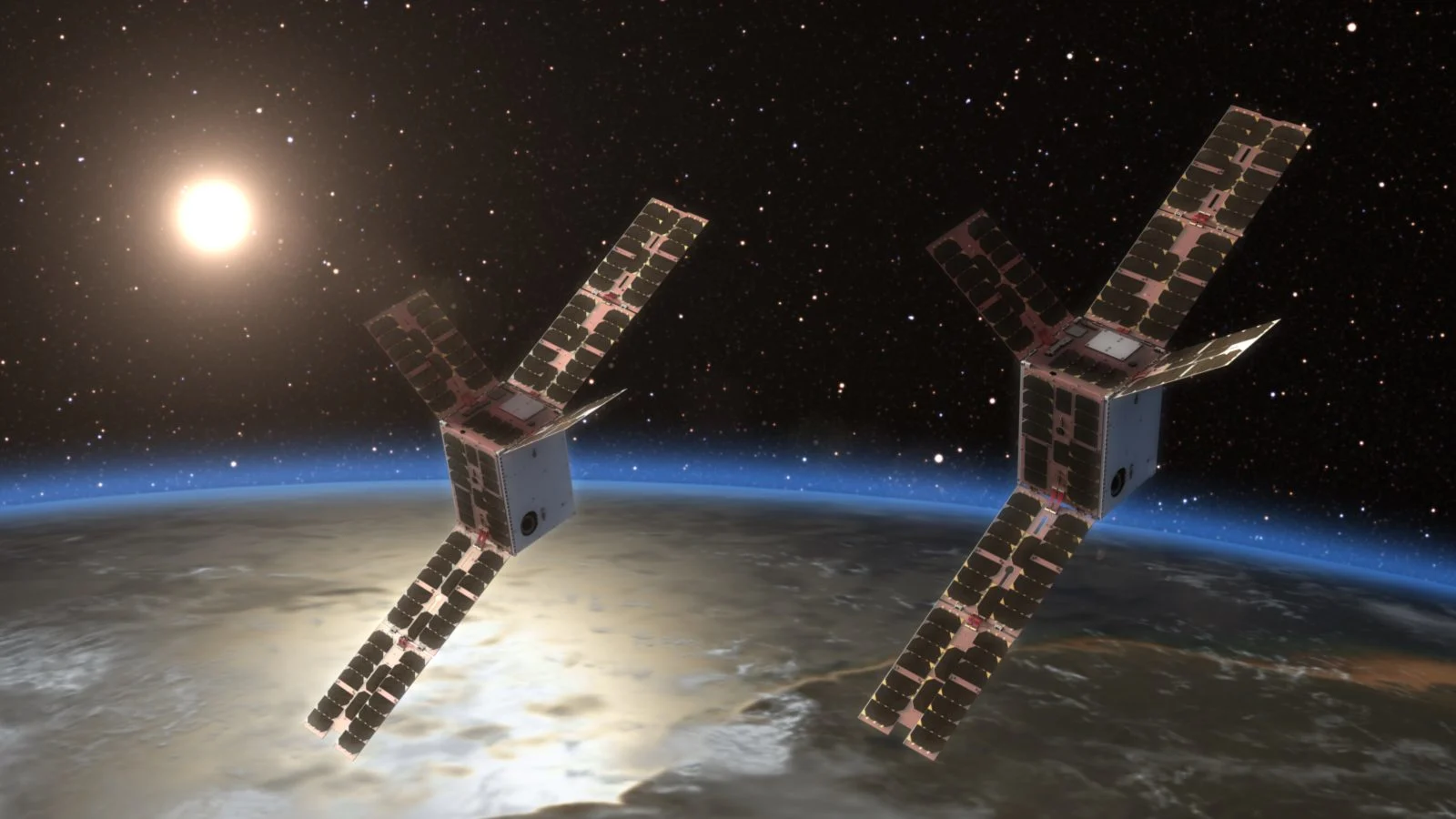Astroscale Japan Announces “REFLEX-J” Refueling Spacecraft to Advance Space Sustainability

Astroscale Japan has officially named its upcoming satellite refueling demonstration spacecraft “REFLEX-J” – short for Refueling for Extension and Flexibility - Japan.
The name reflects the mission’s purpose: enhancing the flexibility of satellites in orbit by extending their lifespan and unlocking new operational possibilities. As part of Japan’s Key and Advanced Technology R&D through Cross Community Collaboration Program led by the Cabinet Office and promoted by the Japan Science and Technology Agency, Astroscale Japan was awarded this major contract in January to develop and demonstrate satellite refueling technology in space.
Pioneering On-Orbit Refueling
Building on Astroscale’s proven Rendezvous, Proximity Operations and Docking (RPOD) technologies, REFLEX-J will integrate robotics, computer vision, and fuel transfer capabilities to perform a chemical refueling demonstration in low Earth orbit. The team will also conduct ground testing across multiple propellants to ensure scalability for missions to geostationary orbit and compatibility with electric propulsion systems.
The project is expected to span five years with a maximum budget of JPY 10.8 billion, culminating in an in-orbit demonstration around 2029.

A Step Toward a Circular Economy in Space
“This latest project underscores Astroscale's commitment to advancing a circular economy in space through on-orbit servicing, guided by the principles of Reduce, Reuse, Repair, Refuel and Remove,” said Eddie Kato, Managing Director of Astroscale Japan. “Among these, refueling plays a pivotal role in extending satellite lifetimes, reducing the need for new launches, and unlocking greater mission flexibility by overcoming fuel constraints.”
Shaping the Future of Space Infrastructure
With REFLEX-J, Astroscale aims to establish a new standard for space infrastructure. By demonstrating reliable refueling in orbit, Astroscale is taking a significant step toward making long-term orbital sustainability a reality.
All Categories
Recent Posts
Astroscale France Contributes to ESA-backed ECO-tethers Project Advancing Propellant-free In-space Mobility and Deorbiting in Collaboration with PERSEI Space (Prime) and Thales Alenia Space Italy
March 3, 2026ADRAS-J Selected for the Minister of Defense Award
February 3, 2026Astroscale Japan Selected for JAXA’s Space Strategy Fund Program
January 29, 2026



